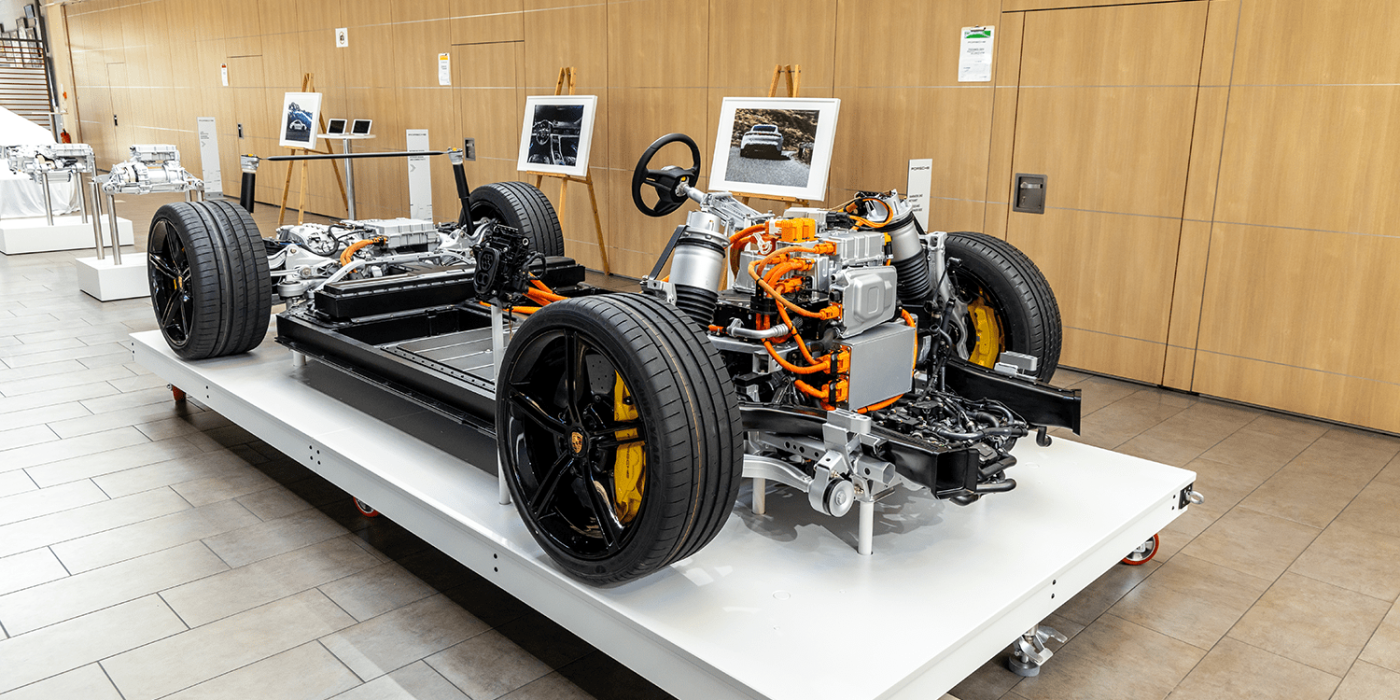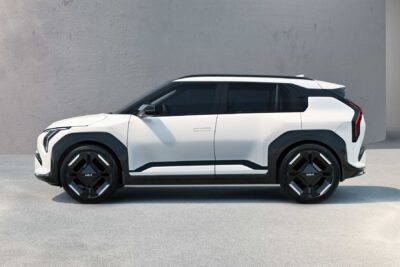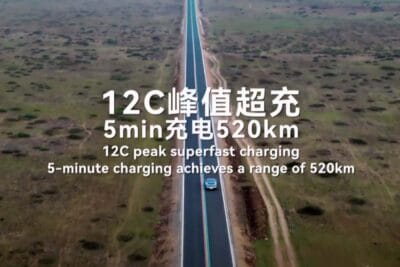BASF selected as cell development partner by Cellforce
Cellforce, the new battery joint venture between Porsche and Customcells, officially appointed BASF as its exclusive cell development partner. BASF is to provide NCM cathode materials for high-performance battery cells. In addition, BASF will recycle the production waste from cell manufacturing.
Cellforce is based in Tübingen, Germany and develops and produces high-performance battery cells for Porsche. Production with an initial capacity of at least 100 MWh per year is scheduled to start in 2024, and batteries for around 1,000 road-going high-performance electric cars and racing cars for motorsport use are to be built there.
BASF says it will contribute “high-energy HED NCM cathode materials”. “BASF’s cathode active materials will be tailored to Porsche’s specific needs leveraging our strong R&D capabilities,” says BASF board member Markus Kamieth.
The precursors for these cathode materials will be produced in Harjavalta, Finland, while the cathode material itself is to be produced at the new plant in Schwarzheide, Germany, from 2022. BASF expects this supply chain to have an “outstanding sustainability record” because, among other things, it relies on “responsible and reliable raw material procurement”.
“As an automotive manufacturer, Porsche aims to be CO2-neutral in its overall balance sheet by 2030. In this respect, a low CO2 footprint, closed-loop recycling and sustainability are increasingly in the foreground,” says Michael Steiner, Member of the Executive Board for Research and Development at Porsche AG. “The cooperation with BASF is a win-win situation for all parties involved. European sources for the materials nickel and cobalt, the associated security of supply and the short transport routes from Schwarzheide to Baden-Württemberg in Germany were all important arguments for the decision to work with BASF.”
BASF will also recycle the production waste from Cellforce manufacturing at the prototype plant in Schwarzheide. Using a hydrometallurgical process, lithium, nickel, manganese and cobalt will be recovered in battery quality and used directly in Schwarzheide for the production of new cathode materials.
“With battery recycling we can ensure that valuable materials are kept in the production loop and further reduce the CO2 footprint of our cathode materials by an expected total of up to 60 per cent,” says Kamieth.





0 Comments